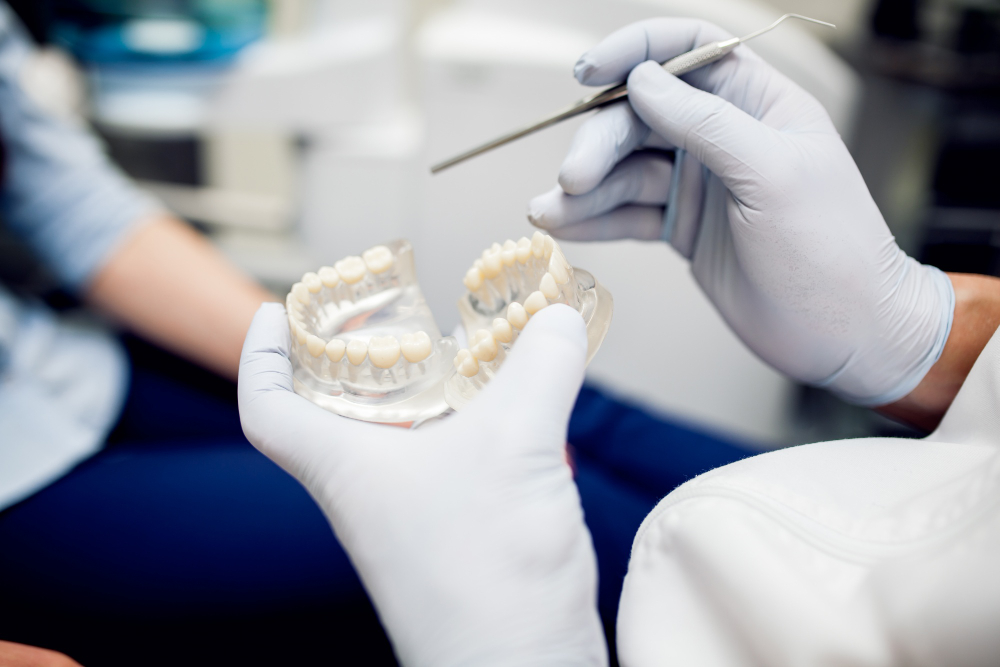What Are Dental Implants?
Dental implants are small metal posts placed in your jawbone to replace missing teeth. They act as strong roots for artificial teeth, such as crowns or bridges. Because dental implants look and feel like natural teeth, many people choose them for a lasting solution. If you are considering dental implants, you may wonder about their benefits, the dental implant procedure, and how to care for them.
Benefits of Dental Implants
Dental implants offer many advantages over other tooth replacement options. For example, they provide a stable base for new teeth. In addition, they help keep your jawbone healthy. Here are some key benefits:
Because dental implants are fixed in place, you can enjoy your favorite foods without worry.
Who Is a Good Candidate for Dental Implants?
Not everyone is a good fit for dental implants. However, many adults can benefit from them. You may be a good candidate if you:
Still, your dentist will check your mouth and health history before recommending dental implants.
Dental Implant Procedure: Step-by-Step
The dental implant procedure usually takes several steps over a few months. Although the process may seem long, each step is important for success. Here is a simple overview:
Because each person is different, your dentist will explain your treatment plan in detail.
Risks and Complications of Dental Implants
Dental implants are safe for most people. Still, as with any surgery, there are some risks. For instance, you may have:
However, most problems are rare and can be treated quickly. Choosing a skilled dentist lowers your risk of complications.
Aftercare and Recovery Tips
Proper aftercare helps your dental implants last longer. Right after surgery, you may feel some swelling or discomfort. But these symptoms usually go away in a few days. To help your recovery:
Because good care is key, always attend follow-up visits with your dentist.
How to Prevent Dental Implant Failure
Most dental implants work well for many years. However, some habits can raise the risk of failure. To keep your implants healthy:
Because prevention is easier than treatment, these steps help protect your investment.
Frequently Asked Questions About Dental Implants
Are dental implants painful?
Most people feel only mild discomfort during and after the procedure. Local anesthesia is used to keep you comfortable.
How long do dental implants last?
With good care, dental implants can last 10 years or more. Some last a lifetime.
Can anyone get dental implants?
Most adults can get dental implants. However, your dentist will check your health and jawbone before starting.
How much do dental implants cost?
The cost varies based on your needs and location. Dental implants in your city may have different prices. Ask your dentist for a detailed estimate.
Is the dental implant procedure safe?
Yes, dental implants are safe for most people. Complications are rare when done by a trained dentist.
Conclusion
Dental implants are a strong and natural-looking way to replace missing teeth. They offer many benefits and can last for years with the right care. If you are thinking about dental implants, talk to a qualified dentist. They can help you decide if dental implants are right for you.

